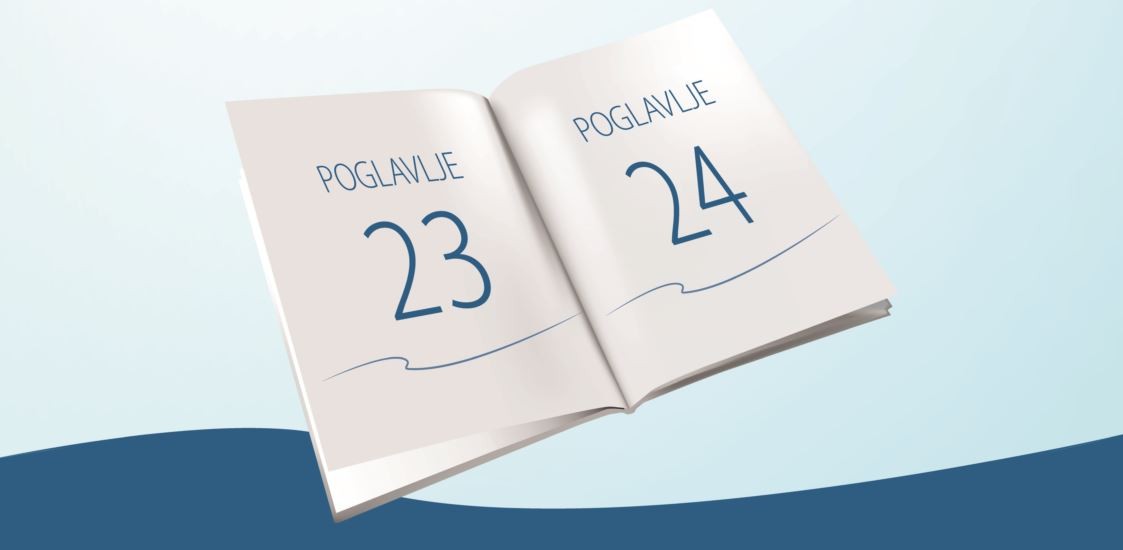This article is an integral part of the Coalition prEUgovor report on progress of Serbia in Chapters 23 and 24 for the period from November 2015 to April 2016.
The year 2014 was specific with regard to the structure of identified victims of human trafficking in Serbia. Namely, 125 trafficked persons were identified, an increase of 30% from the previous year, but unlike before, the majority of them (around 80%) were men exposed to trafficking for the purpose of labour exploitation in the Russian Federation. As a result, international/cross-border trafficking was a dominant issue in 2014. Such identification structure has two implications. First, the cases of labour exploitation are still under investigation but none of them has resulted in an indictment. Only one case of trafficking for the purpose of labour exploitation (identified a few years ago) has ever been prosecuted in Serbia. There is an urgent need to amend Serbian criminal legislation so that cases of labour exploitation which do not contain all elements of human trafficking as defined in Article 388 of the Criminal Code of Serbia could be prosecuted and perpetrators brought to justice. At the moment it is possible to say that there is some sort of impunity for persons who organised exploitation of construction workers. Second, other types of exploitation were neglected both in terms of investigation and identification. There are only around 15 victims of other forms of exploitation identified in 2014, which is a significant decrease compared to previous years. It is believed that official identification figures do not reflect the actual situation in the field, especially with regard to sexual exploitation and trafficking in women.
In addition to problems presented in the previous reports, the following remain the burning issues in the anti-trafficking system in Serbia:
Non-prosecution and non-punishment. There are still cases of prosecution and punishment of trafficked persons, resulting in non-satisfactory identification of victims and the lack of an effective system of their protection. Serbian law still does not recognise a non-punishment and non-prosecution clause.
|
In 2013 ASTRA got involved in a very complex case of a young woman who was exploited for seven years by a man who had committed a murder in front of her and forced her to confess the crime. She was sentenced to 18 years of imprisonment for first degree murder she did not commit. This case of trafficking was never prosecuted because her exploitation started before trafficking in human beings was criminalised in Serbian legislation. Although she was officially identified as a victim in Serbia, courts refused to establish that the accused is a victim of human trafficking and did not apply the non-punishment provision from the Council of Europe’s Convention on Action against Trafficking in Human Beings (Article 26). In September last year, the victim started serving her sentence. Currently, ASTRA is preparing a petition and a request for amnesty for this case. |
Compensation. Compensation remains the weakest link regarding access to justice for trafficked persons. Last year ASTRA reported on the first final and enforceable judgment awarding the compensation of damages to a trafficked person through civil proceedings in Serbia.[1] However, this judgment was not a result of systemic improvement of access to compensation, but above all of the persistence of a girl who survived human trafficking to go through four years of criminal proceedings and three years of civil proceedings. Serbia does not have a state compensation scheme and consequently, if the compensation cannot be collected from the perpetrator, the victim is left without the damages and litigation costs regardless of the award. Similarly, if the perpetrator does not have property on their name, the victim is not advised to start the proceedings at all.
Missing babies. Another case currently in focus and not directly connected with human trafficking relates to missing babies. As a reminder, these are the cases of babies who had gone missing from maternity wards throughout Serbia since the 1950s and onwards. The Republic of Serbia was supposed to enforce the judgment of the European Court of Human Rights by September 2014.[2] This has not happened yet. The Court gave another year to the Republic of Serbia to find credible answers regarding the fate of each child and to provide adequate compensation. The civil society helped preparing the draft Law on Missing Babies that contains concrete proposals on how to solve this problem in accordance with the ECHR judgment.
ASTRA also addressed the Committee of Ministers of the Council of Europe to consider all those facts and to take all steps to assure that the judgment is fully implemented. At the meeting in December 2014, the Minister of Health and Minister of Justice informed the representatives of parents’ associations, non-governmental organisations and media that a lex specialis would be adopted by May 2015; at the beginning of May this does not seem very likely.
Recommendations:
- Allocate sufficient resources to reintegration programmes for victims of trafficking in accordance with the EU Directives 2012/29/EU and 2011/36/EU.
- Adopt legislation changes that will help introduce an effective and sustainable compensation mechanism for victims of violent acts, including victims of trafficking in human beings.
- Amend the Criminal Code of the Republic of Serbia and make sure that non-detention, non-prosecution, and non-punishment clauses are explicitly stated in the new law.
- Develop and implement standards and procedures in all stages of victim protection from identification to reintegration/voluntary return, as well as protocols of cooperation with NGOs.
- Adopt a new strategy and action plan against trafficking in human beings without further delay.
[1] More information available at: http://www.astra.org.rs/first-judgment-awarding-compensation-for-victim-of-trafficking-in-serbia-issued-executed/?lang=en.
[2] The case of Zorica Jovanović v. Serbia (Application no. 21794/08). The ECHR’s final decision available at: http://hudoc.echr.coe.int/sites/eng/pages/search.aspx?i=001-118276#{"itemid":["001-118276"]}.

